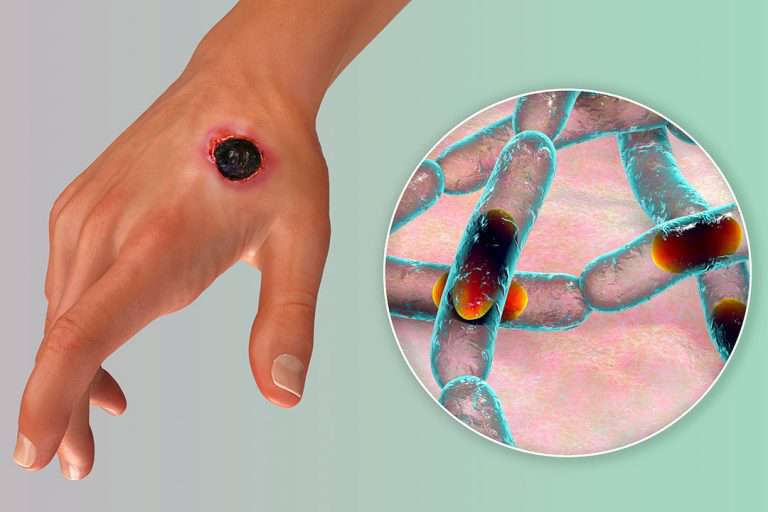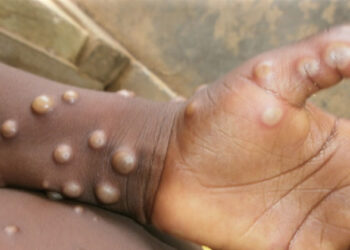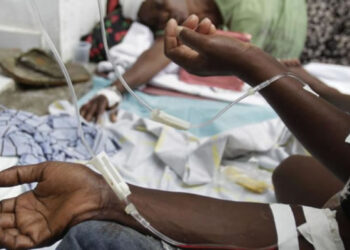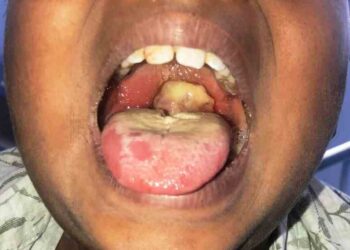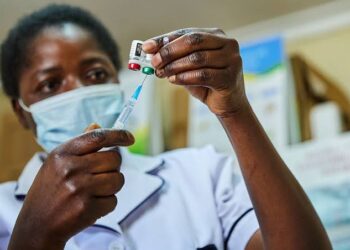Nigeria’s Federal Government, on Monday, sensitised butchers and livestock dealers on the outbreak of anthrax in some neighbouring countries within the West African sub-region, specifically in northern Ghana bordering Burkina Faso and Togo.
Anthrax is a serious infectious disease caused by the bacteria – Bacillus anthracis. It occurs naturally in the soil and affects domestic and wild animals. People can get sick with anthrax if they come in contact with infected animals or contaminated animal products.
The Federal Ministry of Agriculture and Rural Development and its partners who did the sensitisation programme, however, stated that there was currently no suspected or confirmed case of anthrax in Nigeria, rather preventive measures must be adhered to.
Speaking during the sensitisation workshop at the Karu Abattoir in Nasarawa State, and the Livestock Market Dei Dei, Abuja, the Director/ Chief Veterinary Officer of Nigeria, Columba Vakuru, said the essence of the programme was to create awareness on the preventive and control measures to tackle the menace of anthrax.
Vakuru, who was represented by the Risk Assessment and Communication Focal Point, Dupe Hambolu, said the disease which had claimed some lives was a bacteria disease that affects both animals and man.
He explained that the bacteria, which existed as spores, could be found in the soil, wool or hair of infected animals, adding that animals could be infected when they breathe in or ingest spores in contaminated soil, plant or water.
“And humans can get it when they inhale or breath in the spores, eat contaminated meat, or come in contact with the skin through wounds or cuts while handling a sick or dead anthrax infected animal,” he stated.
He emphasised the signs of anthrax on animals as sudden death within two to three hours without displaying any sign, shivering in some animals as a result of high fever, difficulty in breathing or convulsion, among others.
Vakuru added that signs in humans were fever, painless skin sores/ulcers with black centre, respiratory symptoms, severe stomach pain and general body pain, noting that anthrax disease could be prevented or controlled.
To prevent the disease, he said, “Don’t buy or sell sick animals to the public, do not buy animals from areas where outbreak have been suspected, and do not buy cheap animals.
“Always wear nose masks, work clothes and boots when in contact with animals, wash your hands regularly with soap after contact with animals, and wash and disinfect the floor always.”
The veterinary officer said anthrax spores were resistant to harsh conditions and could survive in contaminated environment for 40 to 60 years and had been known to survive up to 100 years.


